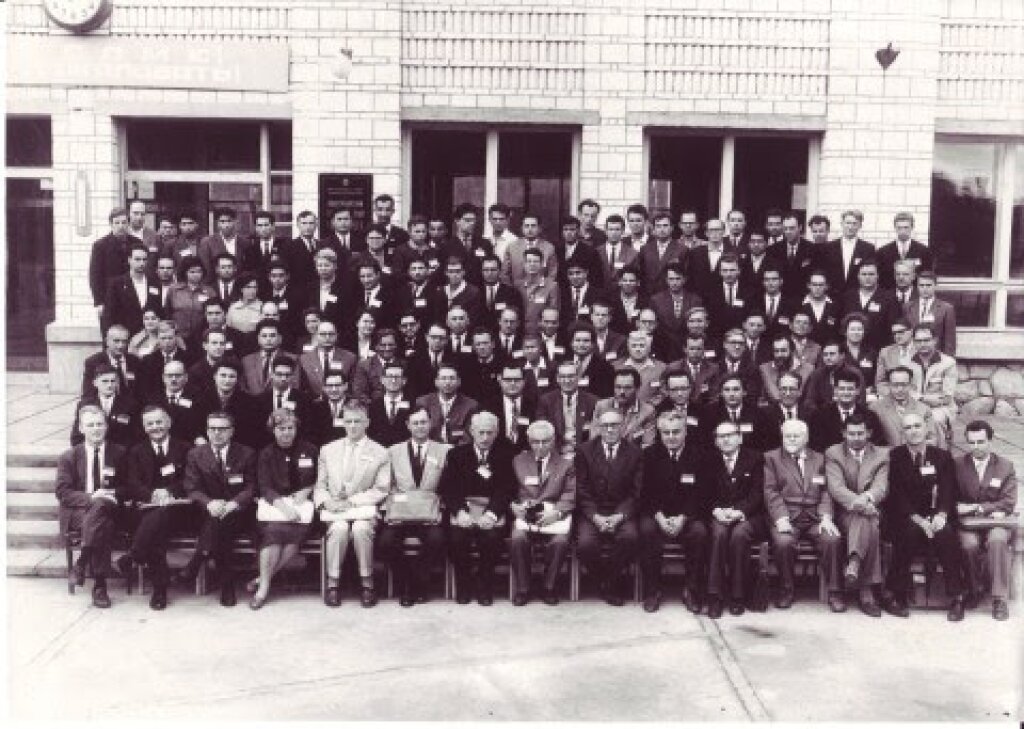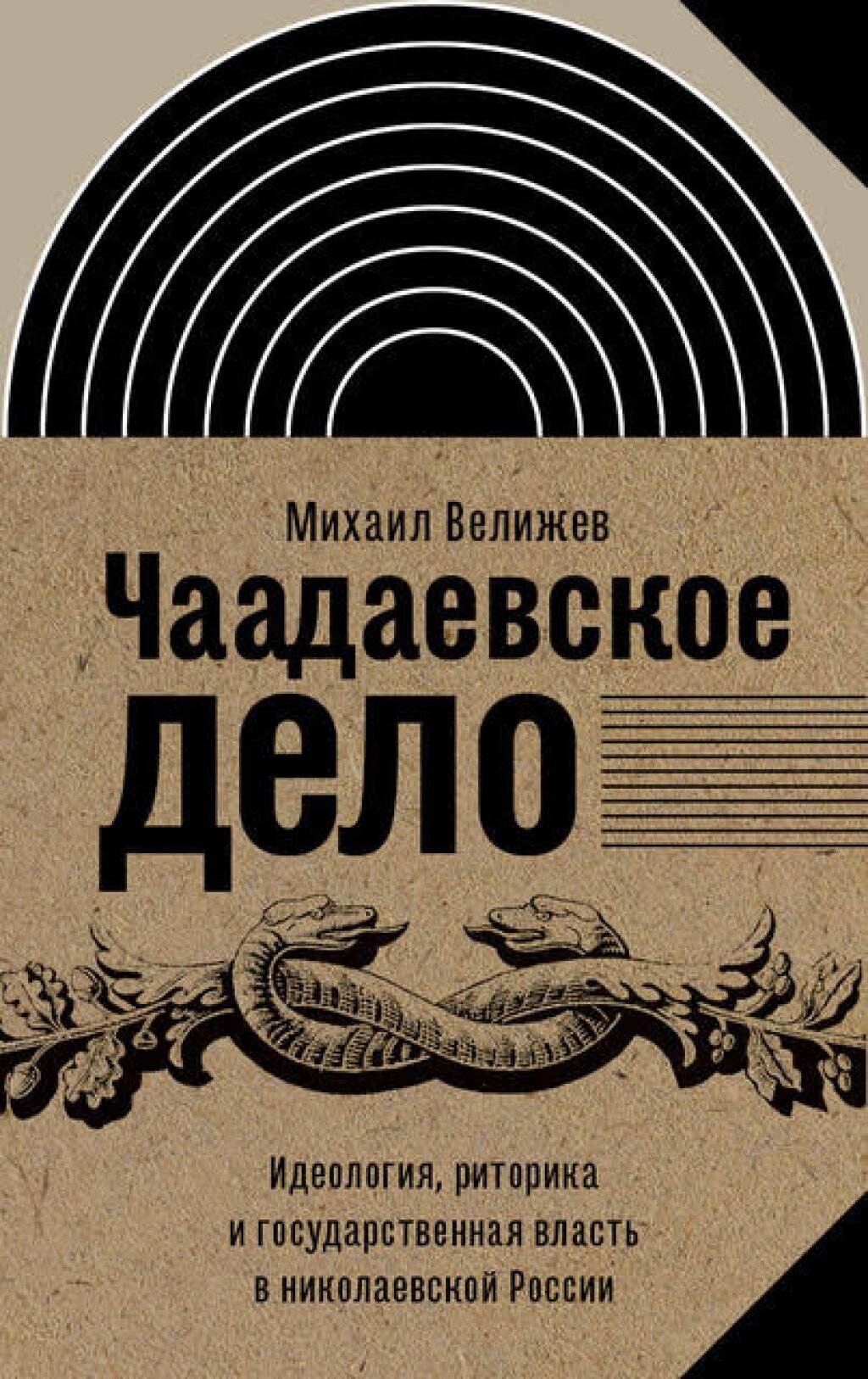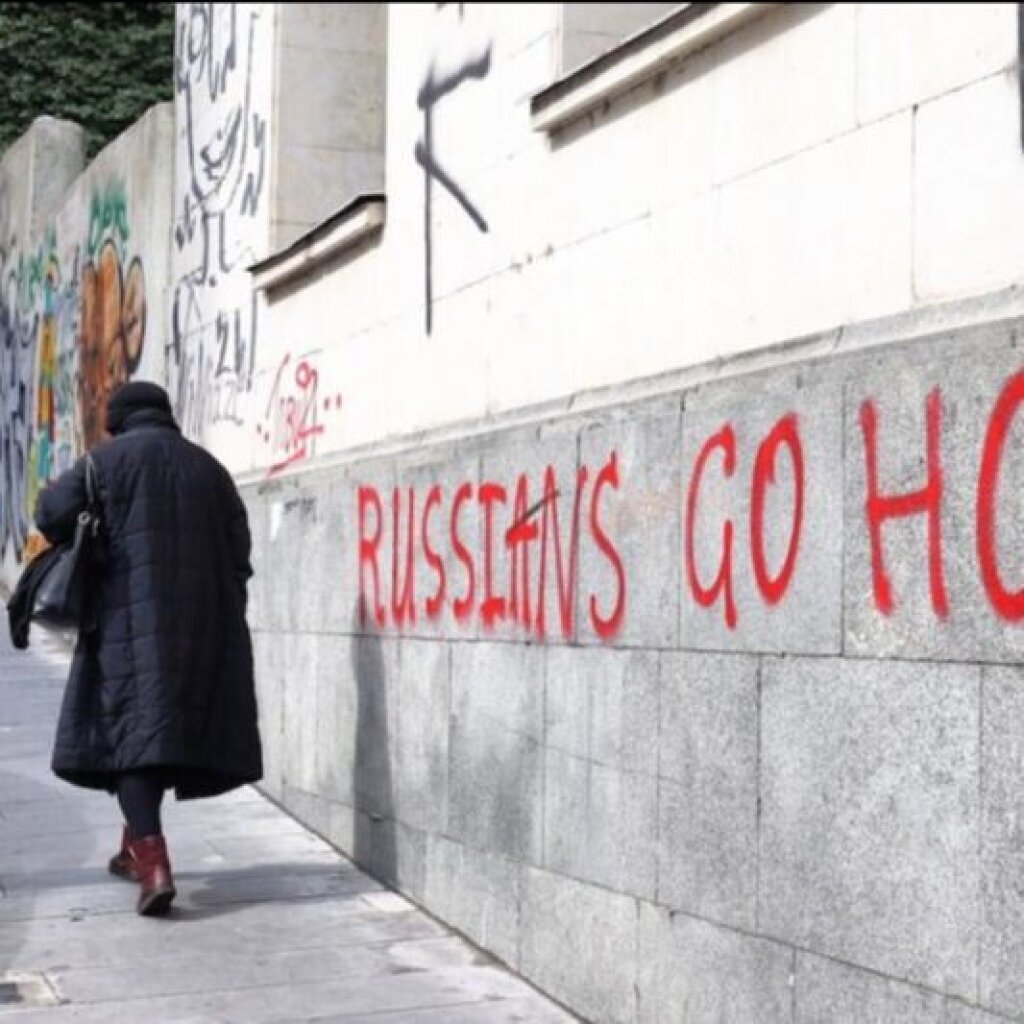Co-sponsored by the NYU Jordan Center for the Advanced Study of Russia, the NYU Gallatin School of Individualized Study and the New York History of Science Working Group.
In 1964 article “Mathematics in the Modern World,” published in the Scientific American, Richard Courant famously called upon mathematicians to “meditate about the essence of mathematics, its motivations and goals and the ideas that must bind divergent interests together.” Greatly interested in closing the gaps between theory and practice, Courant also believed in the power of mathematics to mediate the relationship between two rivaling political powers, and to find a neutral language overcoming the competing capitalist and communist ideologies. In 1963, just a year prior to publication in the Scientific American, Courant led a delegation of some twenty American mathematicians to participate in a joint Soviet-American symposium on differential equations that took place in the newly built Soviet “city of science,” Akademgorodok.
This conference uses the 1963 symposium as an entry point to investigate the complex interplay taking place between the world of mathematical ideas, the social forms for production and circulation of knowledge (from seminars to international conferences to school curriculums) and the shifting political context of the twentieth century. If the universalism of mathematical knowledge belongs to the realm of received wisdoms, the ambition of this conference is to accomplish a dual task: showing work that it takes to make mathematical knowledge universal, and describing the variety of political implications associated with mathematical claims to universality.
Thursday, February 27, 2014
1:00 PM to 1:05 PM EST
Opening Address
Yanni Kotsonis, Director
Jordan Center for the Advanced Study of Russia
1:05 PM to 3:00 PM EST
Panel I: "Can you solve big problems?" Mathematics as a Promise of Peace, Prosperity and a New Social Order.
Brittany Shields, “Mathematics across the Atlantic and the Iron Curtain: Richard Courant in Akademgorodok, 1963.”
Ksenia Tatarchenko, “'Flâneur, Farceur, et Fondateur': Mikhail Lavrentiev, the Thaw Politics, and the International Life of the Siberian Science-City."
Adam Leeds, “Towards Computopia: Mathematicians, Cold War Science, and the (Re)Birth of “Economic Cybernetics” in the Soviet Union.”
Yanni Kotsonis, Discussant
3:00 PM - 3:30 PM EST
Coffee Break
3:30 PM to 5:30 PM EST
Panel II: Mathematics Without Frontiers: Politics, Education, Exchange
Michael Barany, "Tanto técnica como moralmente": American, French, and Soviet Competition in Latin American Mathematics in the 1950s.
Christopher Phillips, “The New Math and the Old Cold War: Pedagogy and the Nature of Mathematics at Mid-Century.”
Myles Jackson, Discussant
Friday, February 28, 2014
1:00 PM - 2:00 PM EST
Conversation with Michael Gordin
Yanni Kotsonis, Facilitator
4:30 PM - 5:30 PM EST
Film Screening: “The Colors of Math”
Yuri Tschinkel, Introduction
To most people math appears abstract, mysterious. Complicated. Inaccessible. But math is nothing but a different language to express the world. Math can be sensual. Math can be tasted, it smells, it creates sound and color. One can touch it – and be touched by it...
Director / Script / Producer : Ekaterina Eremenko
Camera: Pavel Kostomarov
Music: Mike Schroeder
Editing: Marat Magambetov, Evgenia Lapteva, Alex Ross
Executive Producer: Yuri Tschinkel
5:30 PM - 6:30 PM EST
Reception



